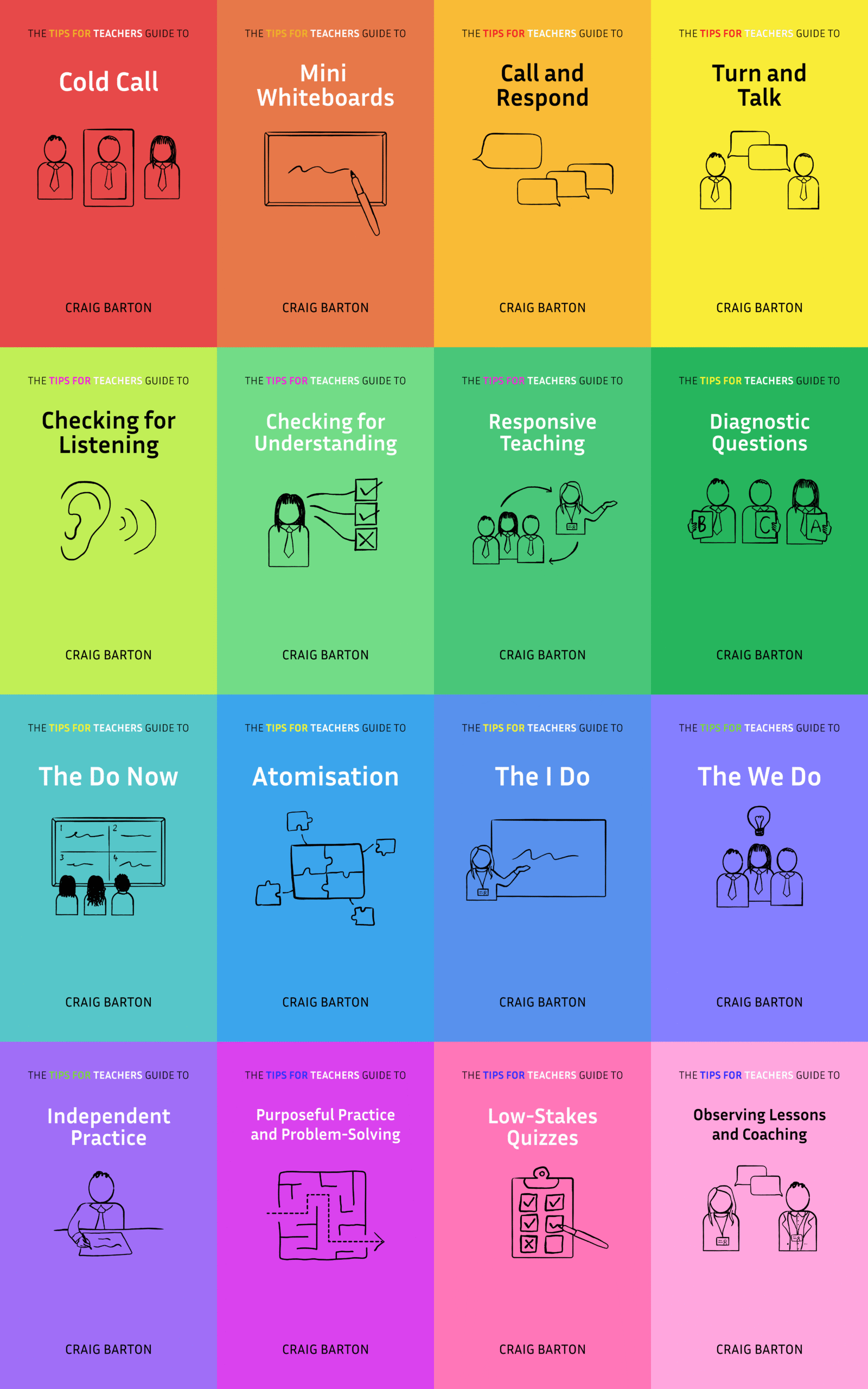Summary
This YouTube video discusses a hierarchy of teaching priorities, arguing that establishing positive classroom behavior is paramount before focusing on other aspects like explanation, instruction, and modeling. Only after these fundamentals are in place should teachers consider more nuanced pedagogical strategies such as variation, task design, and strategy selection. The discussion also touches upon the challenges faced by primary teachers, particularly the need for adequate time and support to effectively address all subjects, and the transferability of teaching strategies across disciplines. The speakers highlight the importance of high-quality resources and structured approaches, especially for early career teachers, to build a strong foundation.
What are the key implications for teachers in the classroom?
The sources discuss a hierarchy of behaviors that teachers should focus on to achieve rapid and sustained progress with their students. Prioritizing classroom behavior management is crucial, as it creates the necessary foundation for effective teaching and learning. Once behavior is established, teachers can then concentrate on other aspects of pedagogy like explanation, instruction, and modeling. Only after these fundamentals are in place can teachers effectively explore more nuanced pedagogical approaches such as variation, task design, and strategy selection.
Here are some key implications for teachers in the classroom:
- Focus on Behavior Management First: Teachers should prioritize establishing strong classroom behavior management strategies within the first six weeks of the school year. This allows them to create a positive learning environment where they can then focus on delivering high-quality instruction.
- Utilize High-Quality Resources: Using high-quality textbooks and curricula, particularly in the initial stages, can ensure a minimum standard of instruction even for new or less experienced teachers. This can be particularly helpful while teachers are still developing their behavior management skills and pedagogical approaches.
- Prioritize Thinking and Learning: Schools should create systems that allow teachers dedicated time for professional development and subject knowledge enhancement. Reducing unnecessary paperwork and meetings can free up teachers’ time for focusing on pedagogy and developing their expertise in various subjects.
- Apply Pedagogical Principles Across Subjects: While the discussion primarily focuses on math instruction, the underlying pedagogical principles like retrieval practice, scaffolding, and the use of manipulatives are applicable across all subjects. Teachers should adapt and apply these principles to different subject areas to enhance student learning.
- Recognize the Importance of Subject-Specific Pedagogy: While general pedagogical principles are valuable, primary teachers need adequate time and support to develop their understanding of subject-specific pedagogy across a wide range of subjects. Schools should provide targeted professional development opportunities for teachers to deepen their understanding of how to teach different subjects effectively.
By focusing on these key areas, teachers can create a more effective and engaging learning environment for their students.









